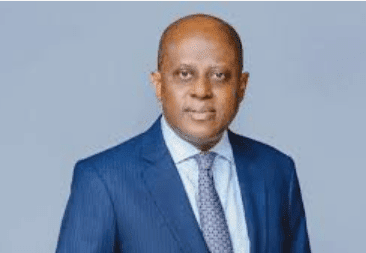The recent decision by the Central Bank of Nigeria to increase the Monetary Policy Rate (MPR) from 22.75 per cent to 24.75 per cent has sparked concerns among private sector operators in the country. The move is expected to further accelerate inflation and lead to massive job cuts across various industries.
The Nigerian Association of Chambers of Commerce, Industry, Mines and Agriculture, as well as the Nigerian Association of Small Scale Industrialists, have expressed their worries about the impact of the interest rate hike on the private sector’s ability to access affordable credit. They believe that the increase in MPR will worsen the already challenging economic situation in the country.
Despite concerns about the economic hardship, the Lagos Chamber of Commerce and Industry acknowledged that the MPR hike was a necessary step given the current state of the economy. The CBN Governor, Yemi Cardoso, announced the decision to raise the MPR after the second Monetary Policy Committee meeting for the year in Abuja.
Cardoso emphasized that the new rate was aimed at reducing inflationary pressures and ensuring exchange rate stability. With inflation at a staggering 31.70 per cent, the CBN is determined to tackle the country’s inflation problem head-on.
While the increase in interest rates may have short-term effects on the economy, Cardoso assured that the current monetary policy tightening measures would not be prolonged. The CBN is optimistic that the economy will stabilize by the end of the year, with inflation rates expected to decrease.
However, concerns have been raised about the unintended negative consequences of the interest rate hike. Private sector operators fear that the cost of borrowing will increase, leading to higher production costs and ultimately, higher prices for goods and services. This could potentially stifle economic growth and job creation in the country.
As the CBN continues to implement measures to combat inflation, it is crucial for stakeholders to engage in dialogue and find sustainable solutions that will support private sector-led economic growth. The next MPC meeting is scheduled for May 20-21, 2024, where further discussions on the country’s monetary policy will take place.
In conclusion, while the decision to raise the MPR may have short-term implications for the economy, it is essential for policymakers to strike a balance between tackling inflation and supporting economic growth. Collaborative efforts between the CBN, private sector, and government are crucial to ensure the long-term prosperity of all Nigerians.
